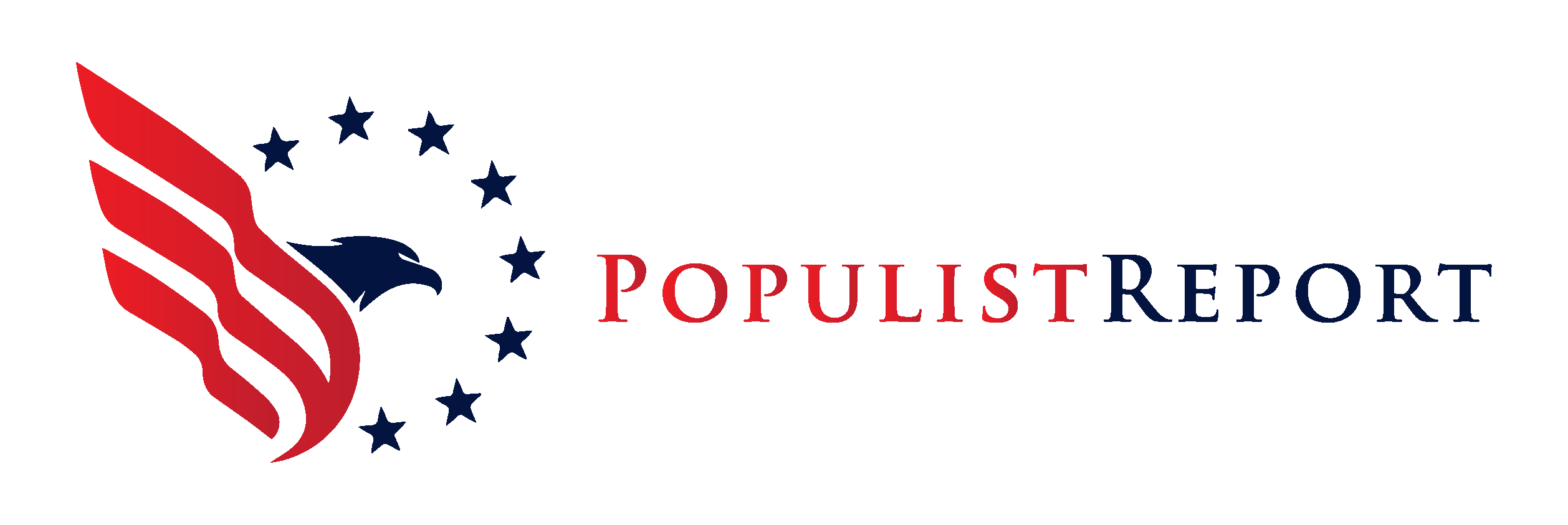Former Secret Service agent Richard Staropoli has issued a dire warning about the agency’s current state, claiming it is dangerously ill-prepared for the challenges it faces, particularly the protection of President-elect Donald Trump. After two assassination attempts during Trump’s 2024 campaign—one involving a gunman who got disturbingly close at a Pennsylvania rally—Staropoli’s blunt assessment of the agency’s capabilities is far from reassuring. He suggests that if the Secret Service doesn’t get its act together, a larger, more sophisticated threat could emerge before Trump even takes office.
Staropoli didn’t sugarcoat his criticism, lamenting that the once-formidable Secret Service has lost its way. He described the agency as politically compromised and more focused on flashy tech buzzwords like drones and UAVs than on the fundamentals of protection. Staropoli argued that the agency needs to return to the basics: reliable human intelligence and boots on the ground to secure environments effectively. According to him, this neglect of the essentials leaves Trump vulnerable to a potential attack of far greater magnitude than anything seen during the campaign.
Meanwhile, Congress has started to take notice. Acting Secret Service Director Ronald Rowe recently found himself in the hot seat during a House task force hearing investigating threats against Trump. The proceedings quickly devolved into a heated exchange when Rep. Pat Fallon grilled Rowe about the agency’s priorities and leadership. Rowe’s attempt to defend himself by referencing his time at Ground Zero was met with sharp criticism from Fallon, who accused him of using a national tragedy to deflect accountability. The contentious hearing did little to inspire confidence in the agency’s ability to protect the incoming president.
Adding to the chorus of concern is former Secret Service agent Dan Bongino, who has also been vocal about the agency’s shortcomings. Bongino, who predicted another security “incident” just weeks before Trump’s second assassination attempt in Florida, didn’t hold back in his criticism. When asked if the Secret Service had improved under its current leadership, his blunt assessment was, “No, it’s worse.” Bongino’s warnings align with Staropoli’s, highlighting a shared unease among those who know the agency best.
As Trump’s inauguration looms, the stakes have never been higher. The combination of public scrutiny, internal disarray, and alarming predictions from former agents casts serious doubt on the Secret Service’s readiness. Staropoli’s call for a return to basics underscores the urgent need for the agency to regain its focus. With national security on the line, the question remains whether the Secret Service can step up in time—or whether it will leave Trump and the nation exposed to unnecessary risks.

